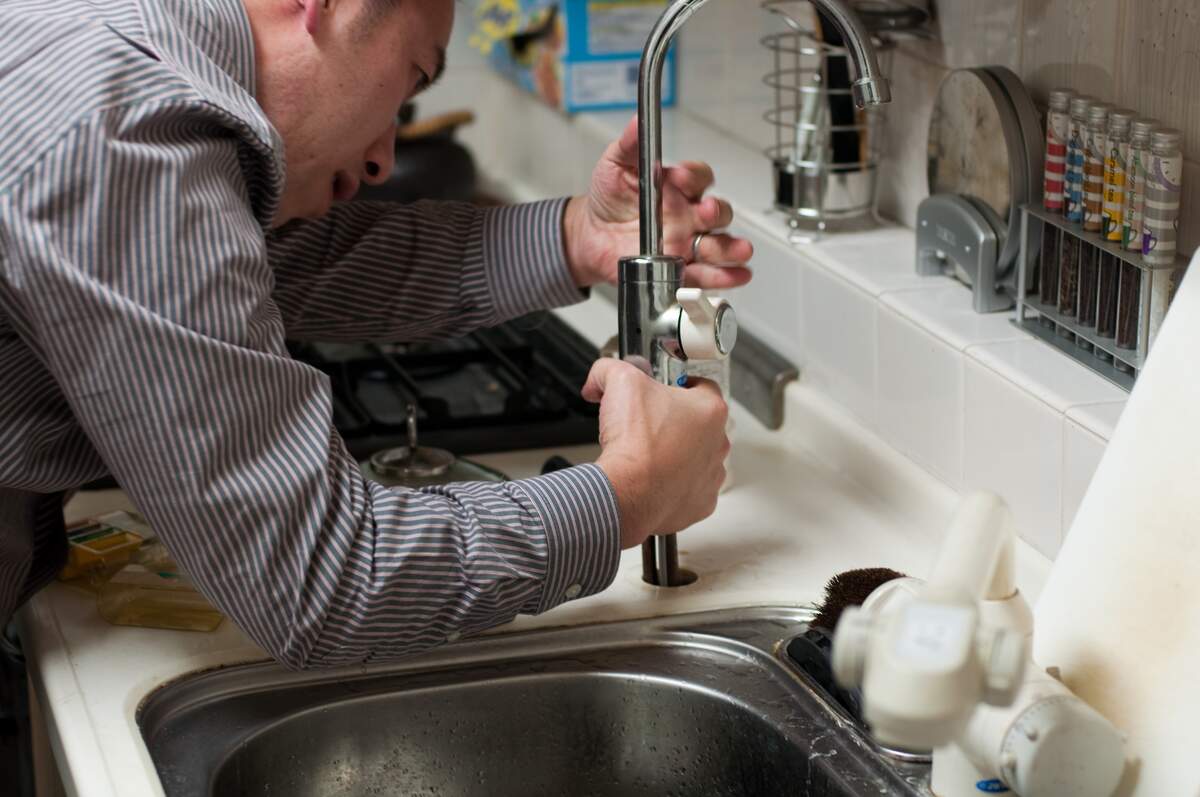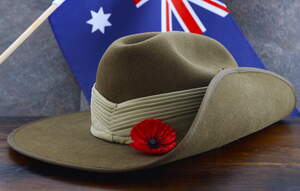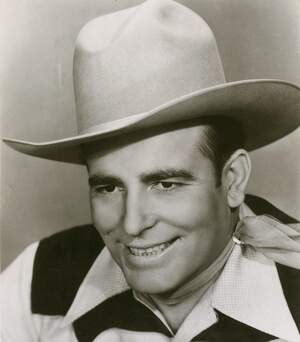

National Plumber's Day
Also known as
Hug a Plumber Day
National Hug a Plumber Day
National Plumbers Day
Observed
annually on April 25th
Dates
Tags
Work & Career
Hashtags
Sources
http://inventorspot.com/articles/celebrate_national_plumbers_day__11269
https://en.wikipedia.org/wiki/Plumber
https://work.chron.com/plumbing-career-13119.html
https://www.benjaminfranklinplumbing.com/about-us/news/importance-plumbers-national-plumbers-day
https://www.bls.gov/ooh/construction-and-extraction/plumbers-pipefitters-and-steamfitters.htm#tab-4
https://www.rotorooter.com/plumbing-videos/entertainment/hug-a-plumber-2/
We once had no indoor plumbing—no bathtubs, toilets, or hot water—and had to use outhouses and carry water for long distances. Thanks to the work that plumbers do, we now take indoor plumbing for granted and don't think much about it. But on National Plumber's Day—commonly also known as National Plumbers Day, National Hug a Plumber Day, and Hug a Plumber Day—we pause to honor and thank those who keep clean water flowing to us and waste water draining away from us. Today we show our appreciation to them, most fittingly in the form of a hug.
The word "plumber" has its roots in the Roman Empire, having come from the Latin word plumbum, the word for lead. In ancient Rome, lead was used to make conduits, drainage pipes, and baths. Those who worked with lead were called plumbarius, which was eventually shortened to "plumber."
Plumbers install, repair, and maintain domestic, commercial, and industrial water supply and sewage systems. Many skills are needed to be a plumber, including the ability to determine the layout of systems; being able to read blueprints; being able to detect, diagnose, and repair faults in systems; working with pipe and power tools; and much more. Plumbers may specialize in various areas. Some work on installation and repair of piping systems in commercial and industrial buildings. Some may work primarily in residential homes. Those who work mainly with piping systems in industrial areas are called pipefitters. Those who specialize with steam heating systems are called steamfitters, while those who specialize in the installation and repair of sprinkler systems are called sprinklerfitters.
Plumbers need to be licensed in most states and localities, although there is no federal law that requires plumbers to have licenses. Both training and experience are needed to attain a license, and a high school diploma or GED is usually also required. Some who become plumbers first get trained at technical schools, learning skills such as pipe system design and welding. Some also get their start working as helpers in pre-apprenticeship programs.
However, most training is done through formal apprenticeships. Plumber's unions and businesses often offer them. Apprenticeships typically last 4 to 5 years, and apprentices are required to work a certain amount of hours each year, typically about 2,000 paid on-the-job hours. Some classroom time devoted to the learning of codes, regulations, and blueprint reading, as well as to mathematics, applied physics, and chemistry, is also necessary. After finishing an apprenticeship, a written exam must also be passed in most states before a license is given. Afterward, plumbers are known as journey workers and can work on their own. After a few years of experience, they can pass an exam to get a master status.
How to Observe National Plumber's Day
As the day is often known as National Hug a Plumber Day or Hug a Plumber Day, it is best celebrated by hugging plumbers. The best way to do this may be to hire a plumber to inspect your home today, but you could also hug a plumber that you see in public. Just make sure to let the plumber know what the holiday is and ask them if it is okay for you to hug them. If becoming a plumber interests you, today is an excellent day for looking into the steps to become one. If you are a plumber, make sure to let others know what today's holiday is. Everyone could also spend the day learning more about the history of plumbing in America.





















